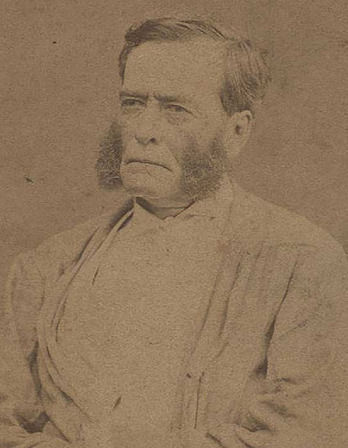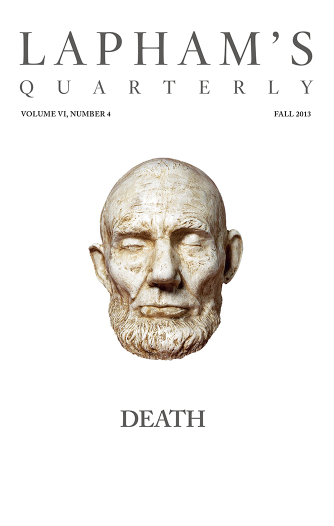We never are definitely right; we can only be sure we are wrong.
—Richard P. Feynman, 1965Population Control
Thomas Malthus on mankind living beyond its means.
The principle object of the present essay is to examine the effects of one great cause intimately united with the very nature of man; which, though it has been constantly and powerfully operating since the commencement of society, has been little noticed by the writers who have treated this subject. The facts which establish the existence of this cause have, indeed, been repeatedly stated and acknowledged, but its natural and necessary effects have been almost totally overlooked; though probably among these effects may be reckoned a very considerable portion of that vice and misery, and of that unequal distribution of the bounties of nature, which it has been the unceasing object of the enlightened philanthropist in all ages to correct.
The cause to which I allude is the constant tendency in all animated life to increase beyond the nourishment prepared for it; that there is no bound to the prolific nature of plants or animals, but what is made by their crowding and interfering with each other’s means of subsistence. Were the face of the earth vacant of other plants, it might be gradually sowed and overspread with one kind only, as for instance with fennel; and were it empty of other inhabitants, it might in a few ages be replenished from one nation only, as for instance with Englishmen.
Through the animal and vegetable kingdoms Nature has scattered the seeds of life abroad with the most profuse and liberal hand, but has been comparatively sparing in the room and the nourishment necessary to rear them. The germs of existence contained in this earth, if they could freely develop themselves, would fill millions of worlds in the course of a few thousand years. Necessity, that imperious, all-pervading law of nature, restrains them within the prescribed bounds. The race of plants and the race of animals shrink under this great restrictive law, and man cannot by any efforts of reason escape from it.
In plants and irrational animals, the view of the subject is simple. They are all impelled by a powerful instinct to the increase of their species; and this instinct is interrupted by no doubts about providing for their offspring. Wherever therefore there is liberty, the power of increase is exerted; and the superabundant effects are repressed afterwards by want of room and nourishment.
The effects of this check on man are more complicated. Impelled to the increase of his species by an equally powerful instinct, reason interrupts his career, and asks him whether he may not bring beings into the world for whom he cannot provide the means of support. If he attend to this natural suggestion, the restriction too frequently produces vice. If he hear it not, the human race will be constantly endeavouring to increase beyond the means of subsistence. But as by that law of our nature which makes food necessary to the life of man, population can never actually increase beyond the lowest nourishment capable of supporting it; a strong check on population, from the difficulty of acquiring food, must be constantly in operation. This difficulty must fall somewhere, and must necessarily be severely felt in some or other of the various forms of misery, or the fear of misery, by a large portion of mankind.
From the accounts we have of China and Japan, it may be fairly doubted, whether the best-directed efforts of human industry could double the produce of these countries even once in any number of years. There are many parts of the globe, indeed, hitherto uncultivated and almost unoccupied; but the right of exterminating, or driving into a corner where they must starve, even the inhabitants of these thinly peopled regions, will be questioned in a moral view. The process of improving their minds and directing their industry would necessarily be slow; and during this time, as population would regularly keep pace with the increasing produce, it would rarely happen that a great degree of knowledge and industry would have to operate at once upon rich unappropriated soil. Even where this might take place, as it does sometimes in new colonies, a geometrical ratio increases with such extraordinary rapidity that the advantage could not last long. If the United States of America continue increasing, which they certainly will do, though not with the same rapidity as formerly, the Indians will be driven further and further back into the country, till the whole race is ultimately exterminated, and the territory is incapable of further extension.

Thomas Malthus
From An Essay on the Principle of Population. Together with Thomas Hobbes, Malthus assumed that man’s life was “nasty, brutish, and short.” He set forth his notion of disaster attendant upon the growth of the world’s population in an anonymous pamphlet first published in 1798.




